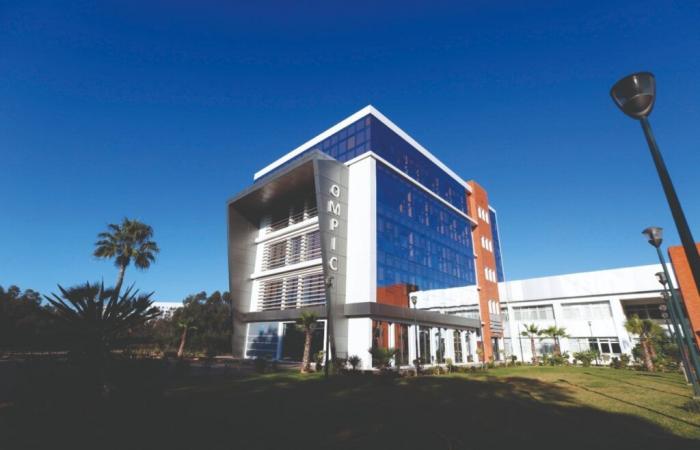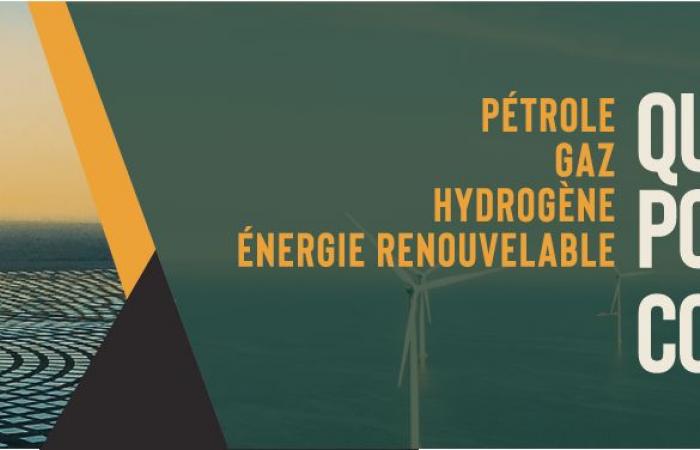
The Moroccan Office of Industrial and Commercial Property (OMPIC) recently published its general dashboard, offering a detailed view of entrepreneurial dynamics in Morocco at the end of October 2024. With 78,244 companies created in ten months, the report highlights sectoral, regional and legal trends in the entrepreneurial ecosystem in the Kingdom.
Of the 78,244 companies created, legal entities largely dominate with 56,292 entities, compared to 21,952 for natural persons. This distribution reflects the attractiveness of more formalized legal structures, particularly for activities requiring significant investments or partnerships.
Commerce maintains its central role in the Moroccan economy, representing 34.73% of business creations. The construction and real estate activities (19.36%) and miscellaneous services (18.47%) sectors complete this top three.
Among other notable sectors, transport (8.07%) and industries (7.3%) reflect the development of infrastructure and national production. Hotels and restaurants (5.63%), despite the challenges linked to tourism, continue to attract entrepreneurs. Emerging sectors such as information and communication technologies (ICT) (2.79%) and agriculture and fishing (1.67%) demonstrate a diversification of the economy.
Casablanca-Settat at the top of regional creations
Geographically, the Casablanca-Settat region confirms its status as an economic locomotive with 24,571 businesses created, or nearly a third of national creations. Tanger-Tétouan-Al Hoceima (11,328) and Rabat-Salé-Kénitra (9,121) complete the podium.
Read also|Commerce, construction, services: The drivers of business creation in Morocco
Other regions such as Marrakech-Safi (8,875), Fès-Meknes (5,409) and Souss-Massa (5,323) also stand out for sustained entrepreneurial activity. The southern regions, although more modest in absolute numbers, show encouraging dynamics, notably Laâyoune-Sakia El Hamra (3,083) and Dakhla-Oued Ed-Dahab (1,308).
The legal choices of entrepreneurs
The distribution of companies by legal form reveals a clear preference for limited liability companies (SARL), which represent 64.9% of creations. SARLAUs (34.5%) also confirm their popularity with individual entrepreneurs. Limited companies (SA) (0.3%) and branches (0.1%) remain marginal.










